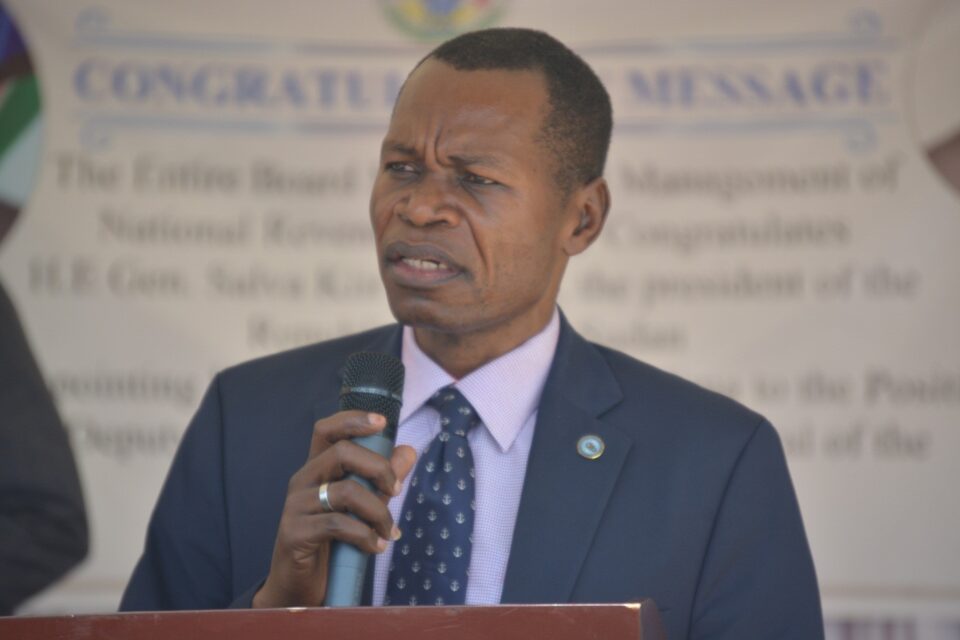JUBA — In a stern address, South Sudan’s Minister of Presidential Affairs, Joseph Bangasi Bakosoro, cautioned against the perils of forceful regime changes, highlighting the chaos that can ensue from poorly managed transitions.
Speaking on Terab television during a Martyrs Day commemoration in Juba on July 30, 2024, Bakosoro stressed the destructive aftermath of violent leadership overthrows.
“Building a nation is not easy,” he remarked. “Even if you are on that chair, maybe even yours will be the worst. We complain only and complain but we don’t want to be like Sudan. When you chase a leader by force, the same curse will come back to you.”
Bakosoro’s comments referenced the tumultuous protests that led to the ousting of Sudan’s ex-leader Omar al-Bashir in 2019, underscoring the legacy of instability such actions can leave behind.
Several prominent figures addressed the event, including former deputy speaker of Sudan’s national legislature Atem Garang de Kuek, former Petroleum Minister Ezekiel Lol Gatkuoth, and former SPLM members Chier Chuang Aluong, Pieng Deng Kuol, and Achuil Malith Banggol.
High-ranking officials from South Sudan’s defense, security, and police forces were also in attendance.
In his speech, Bakosoro expressed regret over the neglect of veterans and wounded heroes who played crucial roles in South Sudan’s formation.
“It is a shame for me,” he lamented.
“Those people, who are there, it is a shame for us. In our culture and traditions, the person who allowed you to be free in your land, does not forget.”
He further criticized the deviation from the vision and aspirations that sparked the civil wars in 1955 and 1983, leading to the Addis Ababa Agreement of 1972 and the 2005 Comprehensive Peace Agreement (CPA), respectively.
Bakosoro issued a stark warning against forceful power transfers, drawing parallels to the turmoil seen in Iraq, Libya, and Somalia.
South Sudan, a landlocked nation already grappling with an economic crisis worsened by the conflict in Sudan—through which it exports oil—faces rising consumer prices and increased crime rates.
The nation, heavily militarized and prone to regional and ethnic divisions, has seen civil servants go unpaid for over nine months, raising fears of potential nationwide protests threatening security.
Email us at: info@alleastafrica.com



